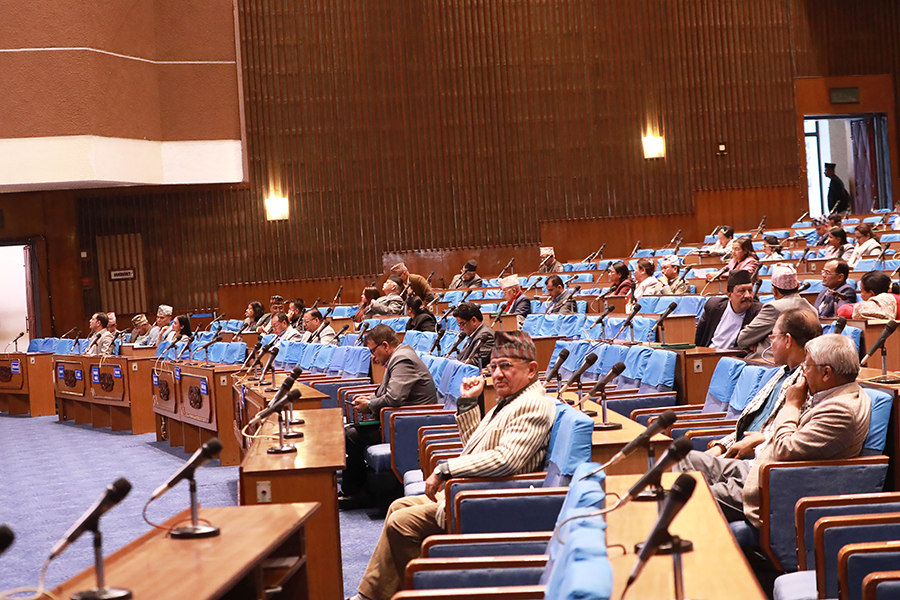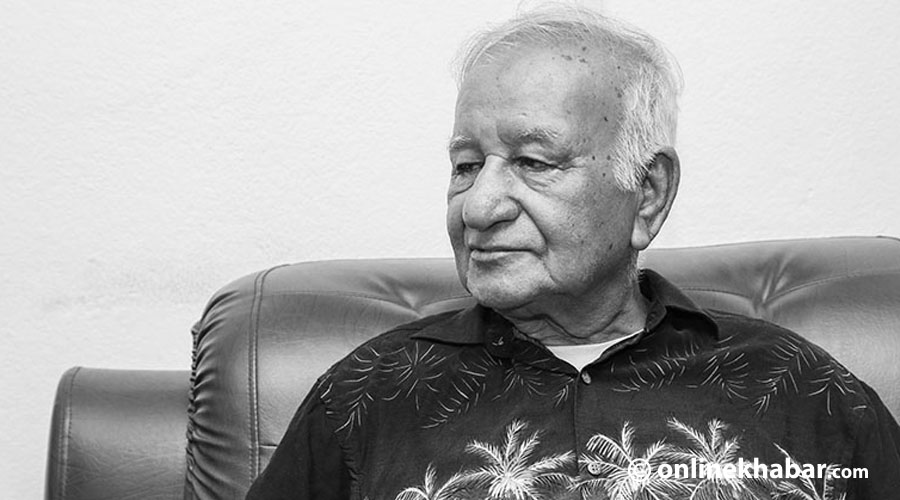
Privacy is a fundamental human right recognised internationally, but it lacks explicit constitutional protection in Nepal. While the Nepali constitution contains provisions about the right to communication and home privacy, it does not expressly establish a comprehensive right to privacy that includes the protection of personal data, bodily autonomy, and confidentiality of personal matters.
Nepal should amend its constitution to enumerate the right to privacy as a fundamental constitutional right, in line with international norms and recent precedents in comparative constitutional law. Elevating privacy to a constitutional right would provide stronger legal grounds for Nepali courts to issue rulings limiting unwarranted surveillance and protecting personal autonomy against state and private actors.
It would also harmonise Nepal’s domestic law with its commitments under international human rights treaties. With new technologies enabling unprecedented growth in surveillance capabilities, privacy requires urgent constitutional safeguarding as an inviolable fundamental right.
International commitments to privacy as a human right

Nepal is a signatory to significant international treaties that affirm privacy as a fundamental human right, notably the International Covenant on Civil and Political Rights (ICCPR) and the Universal Declaration of Human Rights (UDHR).
Article 17 of the ICCPR states, “No one shall be subjected to arbitrary or unlawful interference with his privacy, family, home or correspondence.” This establishes privacy as a civil and political right on par with freedoms of religion, expression, assembly, and due process.
The UDHR similarly guarantees a right to privacy against arbitrary interference. As a signatory to these treaties, Nepal has a duty under international law to respect, protect, and fulfil the right to privacy through its domestic legal system. While the 2015 constitution enumerates protections for home privacy and communications, it does not meet the full scope of privacy safeguards required by the ICCPR and UDHR.
Amending Nepal’s constitution to guarantee privacy as an inviolable fundamental right would bring its domestic law into closer alignment with its international commitments. This would reinforce Nepal’s standing as a rights-respecting democracy.
Comparative constitutional law and privacy

In recent decades, there has been a global trend of countries amending their constitutions to explicitly outline robust privacy protections. For instance, South Africa’s 1996 constitution in Section 14 recognises the rights to privacy, encompassing protections against unwarranted searches of individuals or homes, seizure of possessions, or infringement on communications. Similarly, Kenya’s 2010 constitution, in Article 31, guarantees the right to privacy, covering information about private communications and health.
In Brazil’s 1988 constitution, citizens are granted rights to intimate, private, and family life under Article 5. In India, although privacy is not explicitly enumerated, ongoing case law shows that the Supreme Court has progressively interpreted the Constitution to imply right to privacy under provisions related to life and liberty.
These examples highlight how privacy is gaining worldwide recognition as a fundamental constitutional right, equivalent in importance to liberties such as free speech and free movement.
As a leader within South Asian constitutional democracies, Nepal has an opportunity to join this global movement by amending its constitution to protect privacy. This would align with progressive interpretations in comparative constitutional law.
Challenges to privacy in the digital age

Advances in digital technologies have enabled exponential growth in state and corporate surveillance capabilities. Governments now possess vast monitoring systems for online communications and cell phone records, supported by mandatory data retention policies at telecom companies.
CCTV networks with facial recognition track the movements of people in public spaces. Social media platforms and search engines amass detailed behavioural data profiles. These technologies raise urgent threats to privacy and autonomy, as a person’s movements, communications, interests, and associations are tracked both online and offline.
Furthermore, personal data can be shared across platforms, combined to create comprehensive profiles, and leaked without consent, as various data breach scandals have shown. This context highlights the pressing need to constitutionally entrench privacy rights to better safeguard against unwarranted surveillance by state and private actors.
A constitutional right to privacy would provide firmer legal grounds for courts to issue rulings limiting data collection practices, mandatory retention policies, bodily tracking systems like CCTV-FR, and other potentially invasive technologies. Certain reasonable limitations could be enacted in law to protect countervailing interests like national security and public health. However, such limitations would be subject to strict scrutiny and require showing necessity and proportionality.
Enumerate privacy as a constitutional right
In light of international commitments, progressive comparative law, and growing technological threats, Nepal should amend its constitution to enumerate the right to privacy as a fundamental constitutional right. The constitution’s privacy provisions should be defined expansively to cover data privacy, decisional privacy in personal matters, bodily integrity, and confidentiality in communications.
Subject to lawful and proportional restrictions, privacy should be made inviolable. Elevating privacy to an enumerated constitutional right would bring Nepal up to speed with international standards and leading precedents in comparative constitutionalism.
It would provide Nepali citizens with stronger legal grounds to challenge unwarranted surveillance and interference in their personal lives by state authorities and private companies. Granting privacy as a constitutional right differs from a fundamental right.
Fundamental rights are considered essential natural rights that predate the Constitution and do not depend on the constitutional provision, though they may be enshrined. They are universally applicable moral principles rather than just legal protections.
In contrast, constitutional rights are guaranteed and protected by a country’s constitution and are legally enforceable by constitutional law against state infringement.
While there are overlaps, all fundamental rights may not be fully codified as constitutional rights. Constitutional privacy protection remains urgent in the 21st-century digital ecosystem. By amending its constitution accordingly, Nepal can lead the way in South Asia towards this progressive human rights advance.






















